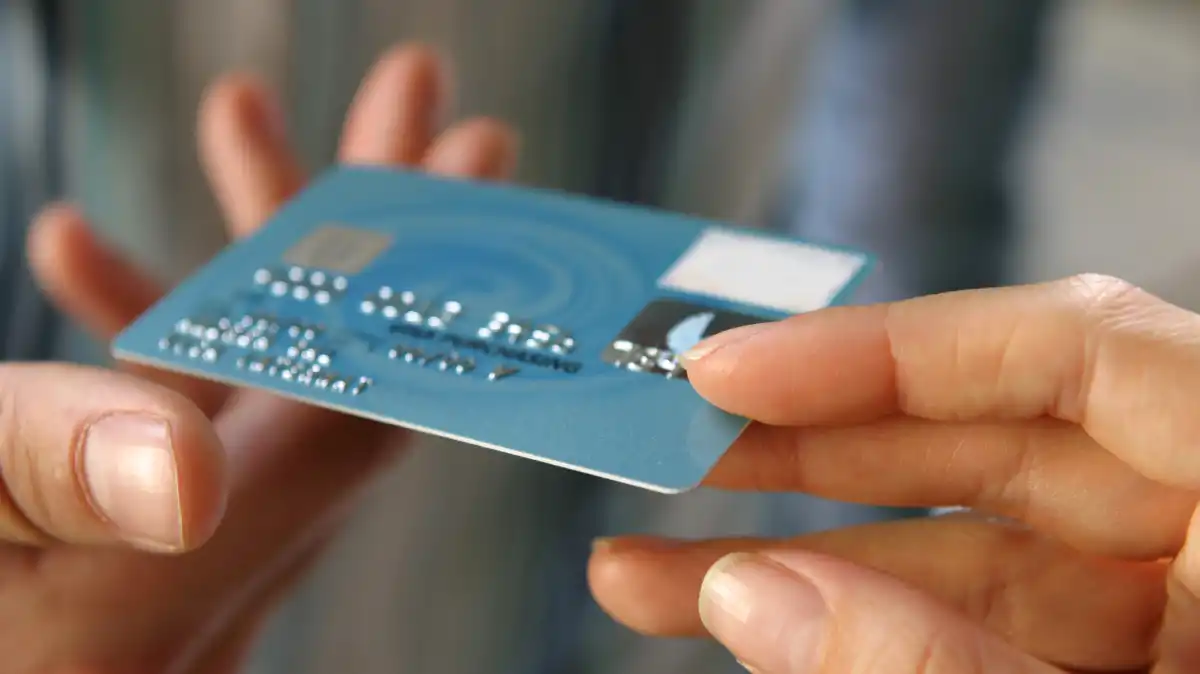Share
Options, options, options. Employees today expect more options to be available to them in every aspect of the workplace. With scheduling, time off, and health benefits, the allure of options has moved to the forefront of employee recruitment and retention conversations.
New options have even crept their way into payroll, where paper checks and direct deposit have long been the dominant—i.e. only—option. Payroll cards are an emerging option for an evolving workforce calling out for a new way to get paid.
So, what exactly is a payroll card—how does it work, why is it a viable new option, and who is a prime candidate to take advantage of this convenient payment method?
What are payroll cards?
Payroll cards are a burgeoning alternative to more traditional forms of payroll payment, such as paper checks and bank direct deposit. With paycards, employee payment is directly deposited onto a debit card without the need for a bank or cash checking service as the middle man. Paycards are just another step towards a cashless world.
There are several advantages for employees who use this supplemental form of payroll payment, including: immediate access to wages, no check-cashing fees, and full access to ATMs. In fact, according to the American Paycard Association, paycards are 80% less expensive than paying for check-cashing services. They also save people the time and hassle of going to and waiting in line at check-cashing sites or banks.
How do payroll cards work?
An employer deposits funds onto the employees paycard, from which the employee can then use the card to withdraw cash, pay bills, and purchase any item that can normally be bought with a debit card. Payroll cards also provide the same safety and PIN protection security of traditional debit cards.
Why are paycards becoming a more viable payroll option?
The paycard business is growing exponentially. A recent study by Aite Group revealed $42 billion in gross dollar volume was deposited onto 5.9 million active paycards in 2017. By 2022, payroll card usage is expected to rapidly increase to $60 billion with 8.4 million active users.
A big part of what is making paycards so much more popular now isn’t necessarily new features, but rather how it streamlines the payroll process. Specifically, paycards eliminate the need for paper checks—the labor costs and environmental waste associated with them and the inherent risk of lost or stolen checks.
Who is a good fit for paycards?
Some people cannot or do not want to open a bank account—whether for personal, financial, or legal reasons. Payroll cards allow for direct deposit to available for all, including those who do not have a bank account—bypassing minimum balance requirements for checking or savings accounts. For those that still maintain a bank account, payroll cards are still a viable option thanks to the lack of monthly fees and the threat of overdraft and other fine print fees commonly associated with banks.
Though available to all industries, hospitality and food service have been highlighted as primary industries where payroll cards make the most sense. In fact, most paycards have programs where your employees have the option to have their tips sent directly to their cards along with their wages.
What do employers need to know about payroll cards?
Though employers cannot offer them as the only option due to federal law, there are considerable benefits for employers who offer paycards as well. According to NACHA, employers can save between $2.87 and $3.15 per paper check by using direct deposit paycards. Funds are paid reliably and on-time backed by robust reporting and convenient online management. And employers don’t have to dedicate a lot of time and resources to it either, as paycard companies typically assist with implementation, training, and ongoing support.
However, according to the Consumer Financial Protection Bureau, employers need to be aware of and take into account several factors when selecting a paycard program, including potential fees, account history access, limited liability for unauthorized transfers, and error resolution rights.
Does Netchex offer a payroll paycard option?
Now that you know the what, how, why, and who of payroll cards, the logical next question is: does Netchex offer a paycard option? Of course, we do! The Skylight® PayOptions™ Program from Netspend® is a robust program that enables companies to offer cost-effective payroll cards.
Paycards are another example of the ever-shifting workplace landscape and the inevitable turn towards digitalization. It is definitely worth it for your company and your employees to learn more about payroll cards to discover how they can streamline your payroll process (and save your company money). By not offering payroll alternatives, your company runs the risk of missing out on talent and retaining experienced employees.
Related articles

Why Tekion Dealerships Turn to Netchex for Payroll and HR That Actually Keeps Up

Why Dealerships Using Reynolds & Reynolds Choose Netchex for Payroll and HCM

SECURE 2.0 Act: What Business Leaders Need to Know

